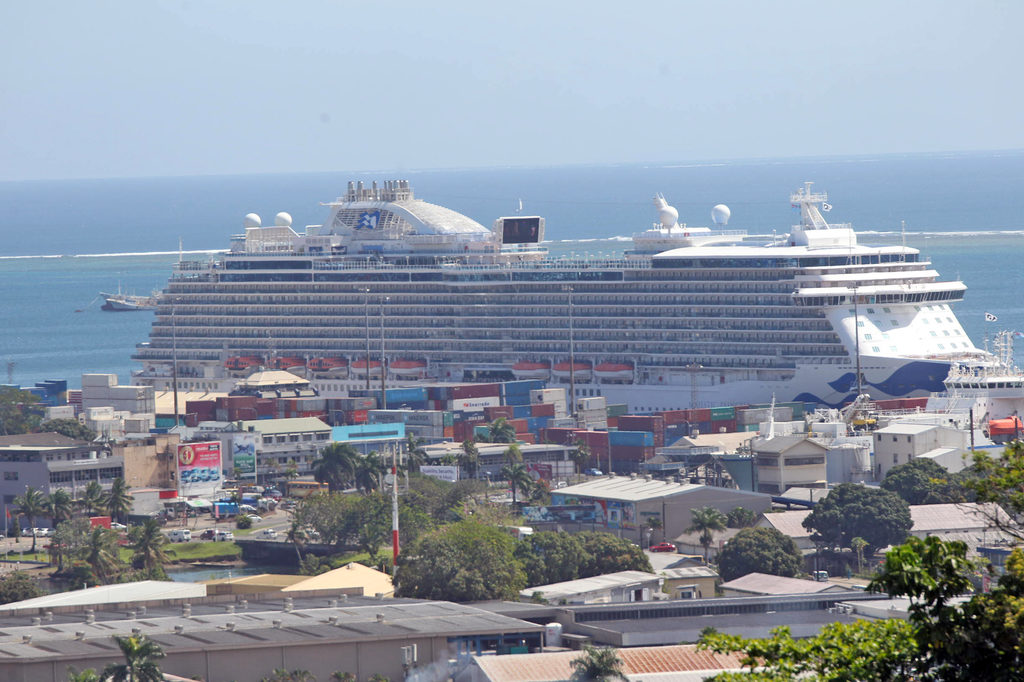A regional program to help Pacific countries such as Fiji step towards a greener and more resilient region was launched last week.
The Pacific Maritime Decarbonisation Program, launched by the Transport Minister Ro Filipe Tuisawau, has a whopping $US9 million ($F20.33m) five-year program.
The program aims to develop national low-carbon maritime transport roadmaps, establish robust monitoring, reporting and verification (MRV) systems, pilot Alternate Marine Power (AMP) systems in key ports, and strengthen institutional capacity to attract and manage green investment.
The program is to decarbonise maritime transport in Fiji, Tonga and Vanuatu. Government officials and stakeholders from those Pacific countries with Republic of Korea were part of the special launch.
Founded by the Ministry of Oceans and Fisheries of the Republic of Korea, the program is implemented by the Global Green Growth Institute (GGGI).
Ro Filipe in launching the program said decarbonising the shipping sector was both an environmental necessity and an economic opportunity.
“Through this partnership with the Republic of Korea, GGGI and the Pacific neighbours, we aim to strengthen regulatory frameworks and build the skills needed to deliver cleaner, more efficient maritime transport for all Fijians.
“Why this program matters for us in the Pacific, for Small Islands Developing States (SIDS) like ours, maritime transport is not a luxury, it is our lifeline. It connects our people, sustains our economy and enables the movements of goods and services.
“Yet we must also recognise that maritime transport is the source for greenhouse gas emissions.
“The Pacific is on the frontline of climate change, rising sea level, extreme weather events and changing ocean conditions that threaten our livelihood, culture and sovereignty.”
He spoke on Fiji’s commitment under its national determined contribution to reduce emissions across all sectors, including domestic shipping, and its alignment with the International Maritime Organization’s revised GHG strategy targeting net-zero emissions by 2050.
GGGI country representative for Fiji, Kiribati, Tonga, and Vanuatu, Norbert Maass said during the launch that they have embarked on a sustainable maritime program, an initiative led by Fiji, Tonga and Vanuatu.
“The maritime sector is of course at the heart of Pacific Island economies, yet it has also contributed to emissions and is vulnerable to climate change,” he said.
“This program represents our shared determination to protect people, goods and our oceans.”
Embassy of the Republic of Korea in Fiji’s Chargé d’Affaires, Myong Jun Kim reaffirmed Korea’s commitment to sharing expertise and technology to support the Pacific’s green transition during the launch.
According to Government over the next five years, the program will bridge knowledge and capacity gaps, support the development of national strategies, and implement scalable solutions such as AMP systems with an ultimate goal to deliver cleaner ships, greener ports, and resilient maritime transport systems for Fiji, Tonga, and Vanuatu creating a model for the wider Pacific.

